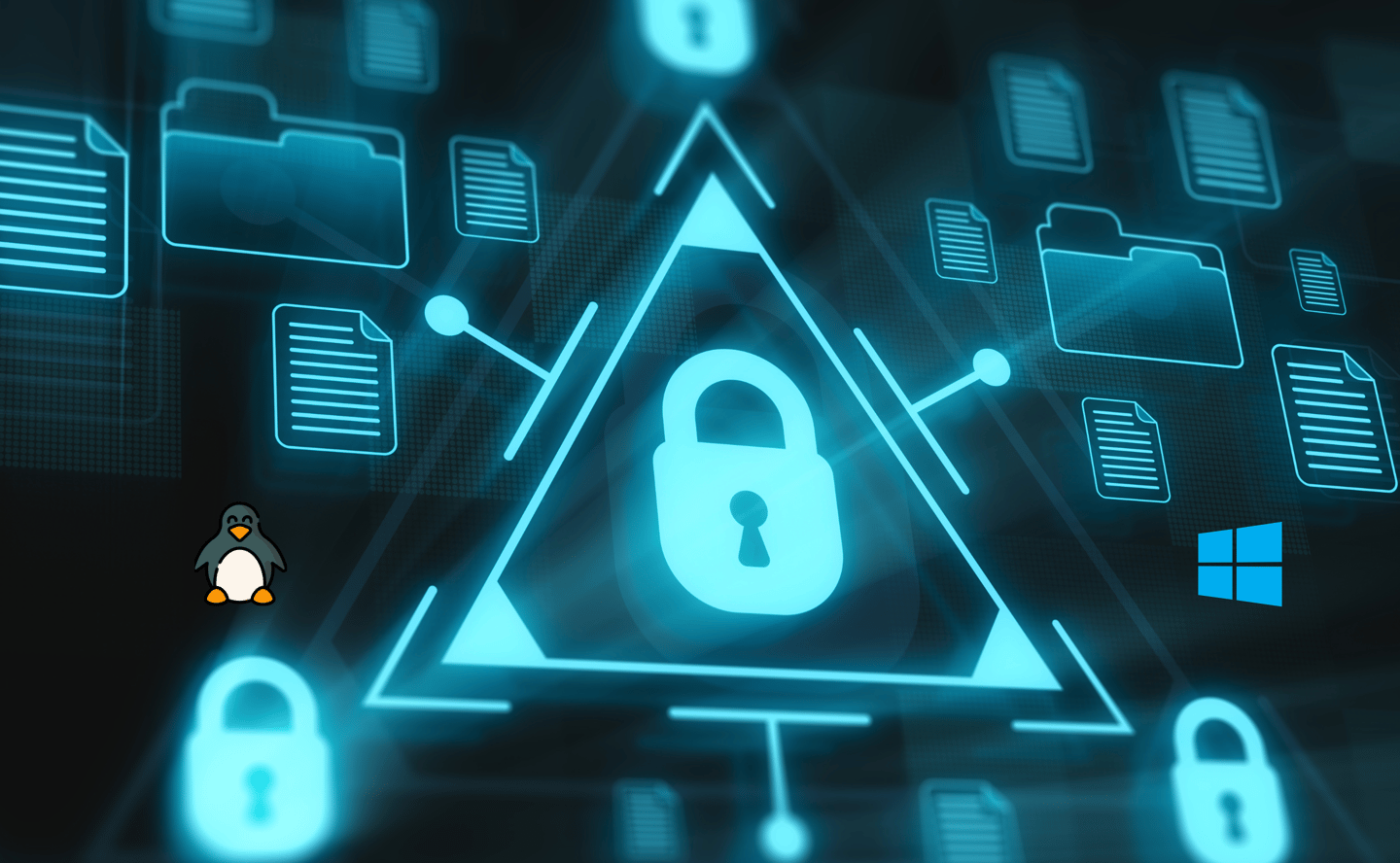Jobs in Cyber Security 2025
With growing dependence on social platforms and the internet in general, jobs in cyber-security are climbing as data needs to be protected from potential threats. If you have experience doing cybersecurity jobs, you will find it a very high-demand field with decent salaries since this is one of the most essential jobs that involves protecting sensitive information in cyberspace. In this article, you can find information about the top job roles in cybersecurity, the critical skills needed for these roles, average salaries, and the steps that can help you kick your career in cybersecurity.
11/12/20246 min read

Why Cybersecurity Jobs Are in High Demand
With the increasing frequency and intricacy of cybersecurity threats, organizations across various sectors need skilled cybersecurity professionals to shield their systems. Thus, cybersecurity jobs bring stable job prospects while working on real-world problems, such as ensuring businesses have the proper defense to protect their data and reputation from threats. It is a great field that offers a good career option with growth and high salary opportunity.
Top Jobs in Cybersecurity
Cybersecurity offers a variety of specialized roles, each with unique responsibilities, skill requirements, and salary ranges. Here’s a look at some of the most in-demand cybersecurity jobs:


1. Security Analyst
The Security Analyst scans various systems of an organization for possible security breaches and helps in implementing them.
Responsibilities: Risk analysis, Vulnerability Management, and Incident Response.
Necessary Skills: Should know security tools such as Firewall, IDS, and SIEM.
Average Salary: $80,000-$110,000 annually.


2. Security Consultant
Security Consultant is an individual who gives guidance within a company, usually independent consultants, on improving the organization's cyber security.
Functions: Risk assessment, vulnerability probing, and policy recommendations.
Skills: Familiarity with network security, penetration tests, and compliance standards.
Average Pay: $90,000-120,000/year.


3. Penetration Tester (Ethical Hacker)


Penetration Testers or Ethical Hackers hack systems to identify vulnerabilities by mimicking a real-life cyber attack.
Duties: performing authorized hacking, vulnerability assessments, and representative reporting.
Required Skills: ethical hacking proficiency and knowledge of tools like Metasploit and Nmap.
Annual Salary: $80,000 - $130,000.
4. Incident Responder
An incident responder detects and controls cyber incidents, thus minimizing impacts and investigating causes.
Responsibilities: Threat analysis, forensic investigations, and incident response planning.
Skills Required: Digital forensics, malware analysis, and skills in using threat detection tools.
Average Salary: $70,000 to $105,000.


5. Security Architect
Security architects design and oversee the secure systems to protect organizations' infrastructures.
Roles: Building security frameworks, establishing security policies, and looking after secure architecture.
Skills Needed: In-depth network security, cryptography, and risk management skills.
Average Salary: $120,000-$150.000 per year.


6. Chief Information Security Officer (CISO)
A CISO is an executive-level position concerned with an organization's complete security strategy.
Responsibilities: Security strategic planning, security policy development, oversight of the security team.
Skills: Leadership, legal knowledge, and in-depth knowledge of cybersecurity.
Average Salary Range: $150,000 - $250,000 per year.


Essential Skills for Cybersecurity Jobs
Cybersecurity professionals require both technical and soft skills to qualify for jobs. Below is a list of some basic skills that will help you to get a Job as Cyber Security Professional :
Networking and System Administration
Understanding network protocols, routers, firewalls, and how data flows across systems is foundational.


Operating Systems
Knowledge of Linux, Windows, and macOS is essential for nearly all roles in cybersecurity.


Programming
Such knowledge includes programming languages like python, java, or C++. It is great for a couple of roles for which automation of tasks and analysis of a malicious code can be done.


Incident Response


To cope with roles like Incident Responder and Security Analyst, it is very important to be aware of the steps regarding incidents involving cyber effects.
Encryption and Cryptography
These skills are the prime prerequisites for ensuring that sensitive data is securely stored and transferred.


Communication Skills


Well developed communication ability facilitates cybersecurity personnel in communicating technical issues efficiently to stakeholders who are not technical whatsoever.
Problem-Solving


When dealing with cyber threats, the capacity to analyze problems and quickly discover solutions is essential.
How to Start Your Career in Cybersecurity
A successful move into jobs within cybersecurity requires a combination of education, certification, hands-on experience, and continuous training. This is a roadmap to get started:


1. Pursue Relevant Education


A successful move into jobs within cybersecurity requires a combination of education, certification, hands-on experience, and continuous training. This is a roadmap to get started:
2. Obtain Cybersecurity Certifications


Certifications are a way of proving one's specialization. Some of the crucial certifications are:
CompTIA Security+: This is a basic-level certification explaining the basic concepts of security.
Certified Information Systems Security Professional (CISSP): This is an advanced-level certification that mainly focuses on security management.
Certified Ethical Hacker, also known as a CEH: This is more of a specialized certification for penetration testing.
Certified Information Security Manager: While this is a managerial-based certification, it is still important for leadership positions.
3. Gain Hands-On Experience


It is of utmost importance to gain real on-ground experience. One can enter into this field from entry-level IT support, system administration, or networking jobs.
4. Build a Strong Portfolio


A comprehensive portfolio of finished projects, labs, or GitHub repositories highlights your prowess and proficiency in cybersecurity.
5. Stay Updated with Industry Trends


Subscribe to our cybersecurity blogs, attend webinars, and pursue continuous learning to stay current on new threats and technologies.
Average Salaries in Cybersecurity Jobs
One primary lure for jobs in the cybersecurity field is the attractive earning potential. Below is a breakdown regarding the averages within each role in cybersecurity:
Tips for Landing a Cybersecurity Job
Personalize Your Resume: Talk about skills, certifications, and hands-on experience that are indeed relevant to the position.
Optimize your LinkedIn Profile: Optimize your LinkedIn profile to include the terms associated with your area such as "cybersecurity," "incident response," or "network security."
Prepare Yourself for Technical Interviews: Understand what questions most candidates will encounter in cybersecurity interviews and do some practice of solving some technical problems.
Networking: Network through cyber security forums, conferences, and LinkedIn groups.
Remembering: Entering the domain of cybersecurity may take time, persistence, and networking, but it certainly gets unlocked through continuous learning.
Conclusion
Cybersecurity careers are very lucrative, if not the most lucrative, and long-term. They pay incredibly well and are significant careers where people can pour their energies and make a difference. The key aspect is that threat dynamics change, and as they change, the demand keeps growing. You can have an exciting career in this rapidly evolving discipline by knowing the various roles available, developing the necessary skills, and actively pursuing your career goals.
Whether you have just come into the field of cybersecurity or are interested in upgrading your talents, you can take on tons of openings as part of the cybersecurity job force.

Subscribe To Our Latest Blogs
Stay updated with the latest insights, tips, and trends in cybersecurity by subscribing to our blog.
